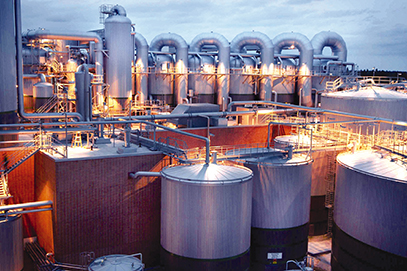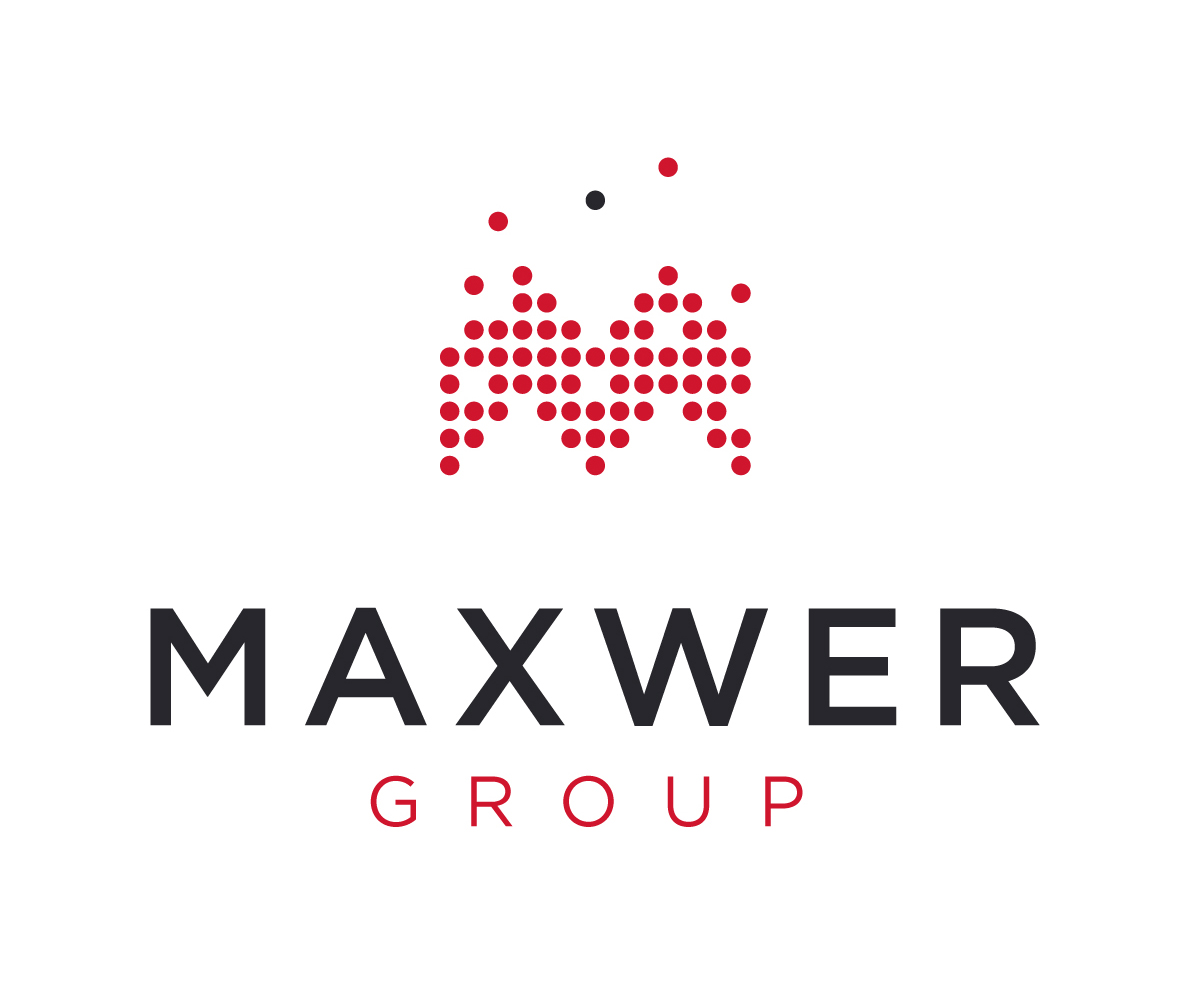The energy sector, encompassing coal, oil, and gas industries, has long been the lifeblood of global industrialization and economic growth. It powers our homes, fuels our vehicles, and drives technological advancement.
Yet, in an era of increasing international commitments to carbon neutrality, companies within these traditional fossil fuel industries face unique challenges in accessing capital. Nevertheless, they remain essential in providing the world with abundant, reliable, and cost-effective energy, vital for advancing the global energy transition.
Keynotes of financing the energy sector:
- Lack of traditional financing: 49 out of 60 top banks have committed to net zero 2050. Half of them stopped or significantly reduced financing of fossil fuels.
- Global consumption of coal reached all-time high in 2022. Coal still supplies just over a third of global electricity generation.
- Coal, being gradually replaced in some countries for power generation, continues to play a crucial role in iron and steel production until newer technologies are available.
- Manufactuting of clean energy equipment fully rely on fossil fuel refined products.
As we navigate the transition towards cleaner and more sustainable energy sources, it’s essential to strike a balance between environmental goals and the pragmatic need for reliable and accessible energy. The energy sector continues to be a driving force in global development, and responsible industry financing can help shape a more sustainable and equitable energy future.
- Natural Gas
- Propane
- Butane
- LPG mix (Propane-butane auto, propane-butane technical)
- Petcoke
- Coking coal
- Metcoke
- Steam coal
- Anthracite
- Comprehensive KYC and compliance check.
- Your business is creditworthy.
- You have active end-buyers and customers (business track records for the last year can be requested).
- Your business is looking for $1m+ trade finance.
- You want to import or export stock / expand new markets.
- Your company is not included into any of sanctions lists of UN, EU, UK and/or OFAC.
- Financing products are not subject to UN, EU, UK and/or OFAC sanctions or listed on any official sanction list.
To determine product category and run a compliance check we are using The Harmonized System of classification (so-called HS codes) – a standardized numerical method of classifying traded products administrated by the World Customs Organization (WCO) and is updated every five years. It is accepted by the majority of nations around the world and used by customs authorities around the world to identify products when assessing duties and taxes and for gathering statistics.
Here are some HS code groups for energy products:
Chapter 27 – Mineral fuels, mineral oils and products of their distillation; bituminous substances; mineral waxes
Subheading 2711 – Petroleum gas and other gaseous hydrocarbons
Subheading 2701 – Coal; briquettes, ovoids and similar solid fuels manufactured from coal
Subheading 2713 – Petroleum coke, petroleum bitumen and other residues of petroleum oil or of oil obtained from bituminous minerals, n.e.s.
Full information for commodity name HS code can be found here.


